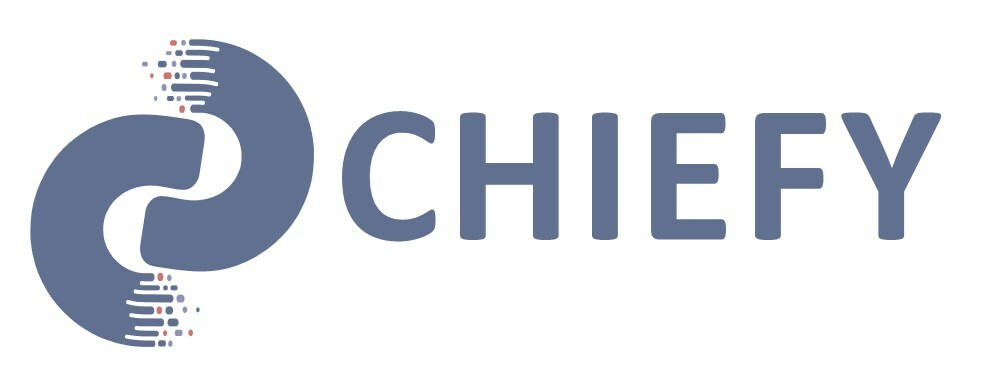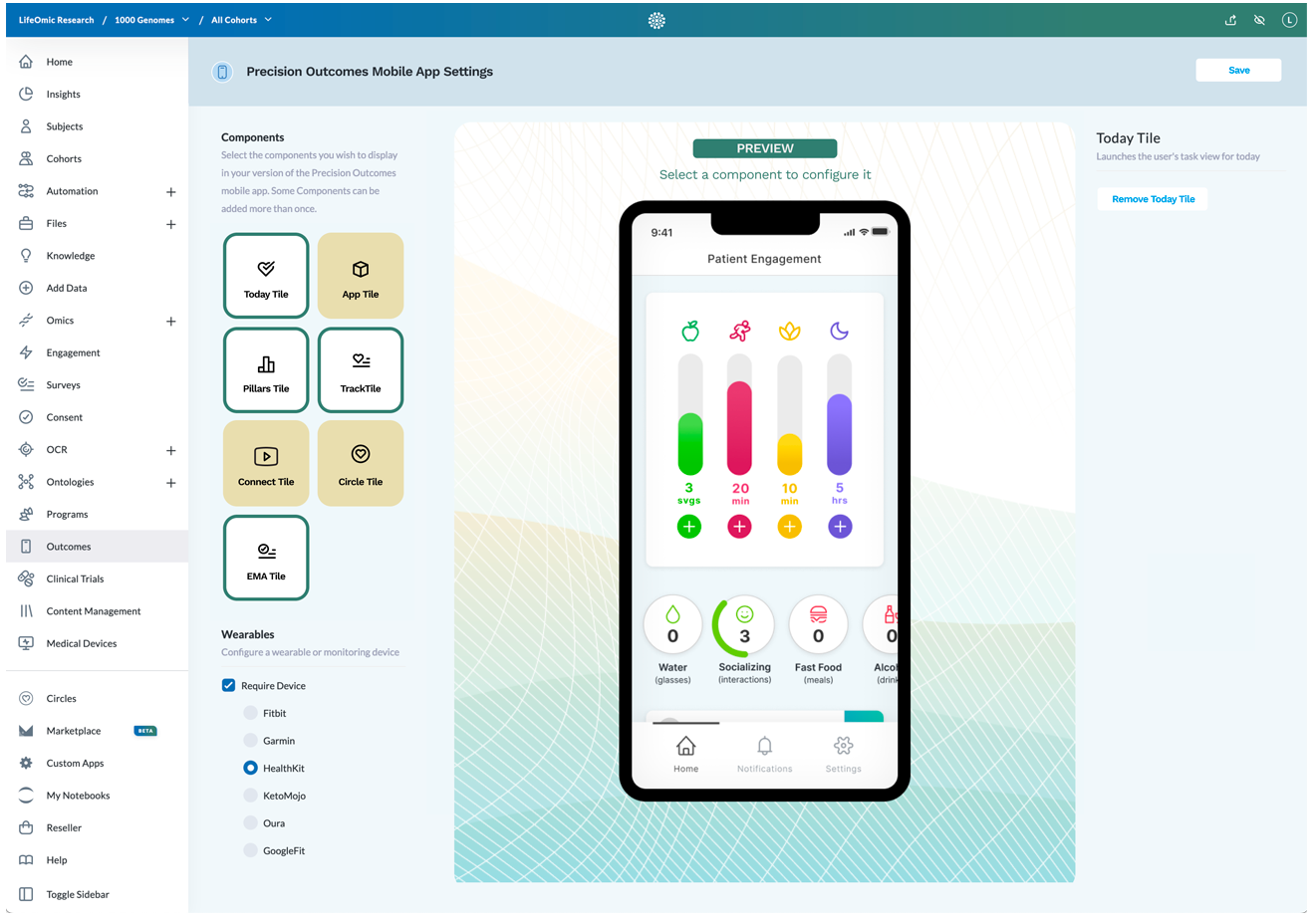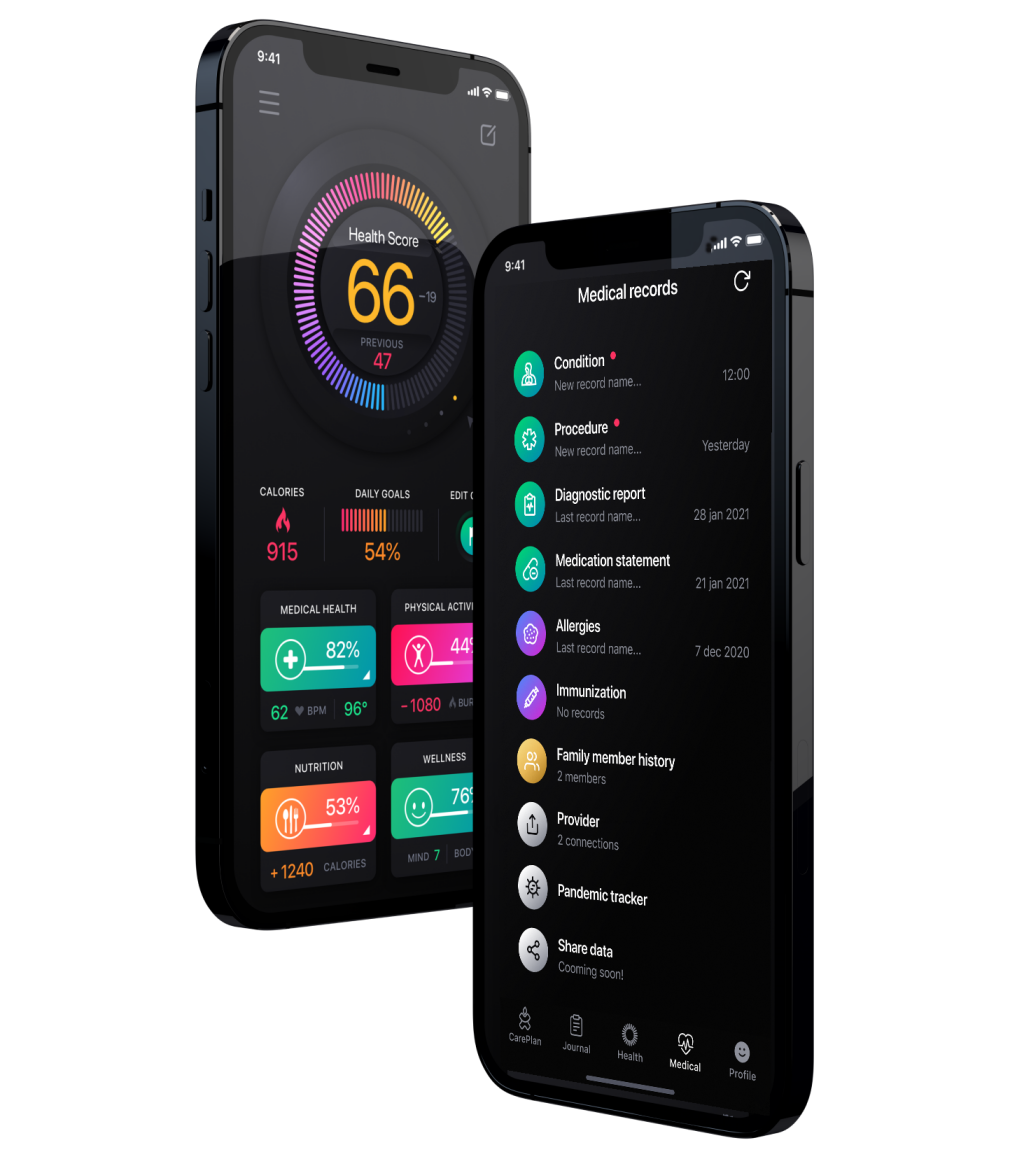In 2020, the Dental Care Alliance (DCA) experienced a significant cyberattack on its systems, which lasted approximately an entire month. This gave the threat actor an extended period to compromise the healthcare organization’s servers and extract the private and confidential information of around one million patients. This is just another example of how vulnerable the healthcare industry is to cyber criminals looking to exploit security weaknesses. Healthcare organizations are prime targets
Read More
HIPAA| Impact of HIPAA Compliance | Policy, News, Analysis, Insights - HIT Consultant
4 Keys to Modernizing Public Health Data Collection and Analysis
The COVID-19 pandemic shined a spotlight on the urgent need to modernize the nation’s public health system. Despite success in rapidly developing vaccines, the unprecedented public health emergency also exposed significant gaps in U.S. public health infectious disease data collection and analysis methods which are critical for identifying behavioral risk factors and preventive actions. The Problem Unfortunately, inefficiency remains a hallmark of the U.S. public health surveillance system
Read More
IT Infrastructure: Creating A Culture of Security In Your Hospital & Health System
It’s a fact: More than 80% of data breaches involve a human in some way. That could involve someone falling for a spear-phishing campaign designed to solicit credentials, clicking on a malicious link, or a simple error that leaves a security vulnerability open to bad actors. Creating a culture of security in your organization will keep security at the forefront of everything from operations to care delivery. Monitoring and maintaining the security of IT infrastructure is often overemphasized
Read More
Consumer Trust: How Healthcare Organizations Can Build Confidence with AI
Trust is a vital component of healthcare. It impacts whether someone shows up for a doctor’s appointment, follows their treatment plan, or plays an active role in their health. But building trust doesn’t just happen at the front counter, inside the doctor's office, or in face-to-face interactions. Increasingly, consumers are interacting with their health plans through online and mobile touchpoints — and these virtual experiences are no less crucial to building trust than in-person
Read More
What Is A HIPAA-Compliant Infrastructure?
U.S. healthcare companies must comply with the data security and privacy standards defined by the Health Insurance Portability and Accountability Act of 1996 (HIPAA). The purpose of the legislation is to safeguard the privacy and security of protected health information (PHI) and electronic protected health information (ePHI). Failure to comply with HIPAA regulations can result in serious financial fines and reputational damage. What Determines HIPAA Compliance? Organizations
Read More
Chiefy Raises $4.2M to Build a Culture of Trust in Surgery
What You Should Know: - Chiefy, a NYC-based cloud platform that helps surgical teams seamlessly embed quality and communication best practices, today announced it has raised $4.2M in seed funding led by LionBird, with participation from Nina Capital and Emerge Ventures. - The company plans to use the seed funding to accelerate and expand product development and customer acquisition. Get Surgical Teams Aligned Globally, over 300 million surgeries are performed each year, and
Read More
LifeOmic Launches Patient Engagement App to Automate Patient Pathways
What You Should Know: LifeOmic, a healthcare technology company powering precision health with its end-to-end software solution, the LifeOmic Platform, today announced the launch of its Patient Mobile App. LifeOmic’s Patient Mobile App enables the two-way connection between the healthcare team and patient. With the LifeOmic Patient Mobile App, healthcare providers have access to a highly configurable solution that integrates directly into their existingworkflows to meet
Read More
Thinking Beyond CRM to Reach Healthcare Consumers
A new type of purpose-built technology is necessary to manage patient relationships. Customer relationship management (CRM) systems are commonplace in nearly every industry, though their use in healthcare is complicated. Healthcare is incredibly complex and unique in many ways, and many generic CRM or CRM-like solutions address only one or two elements of the patient journey, such as appointment scheduling and reminders, without factoring in personal needs and preferences, health histories,
Read More
The Future of Digital Transformation in Hospitals
Hospitals are increasingly motivated to drive digital transformation in order to improve patient outcomes, reduce costs, meet regulatory requirements and stay competitive. Additionally, digital transformation can support medical research and drive innovation in healthcare, as well as generate new revenue streams. An increasingly important tool as hospitals undergo these transformations is federated learning, a technology that we will expand on later. Federated learning is a machine learning
Read More
Patientory Launches Blockchain App Enabling Patients to Earn Money for Their Health Data
What You Should Know: Patientory Inc., the creator of a blockchain-based, HIPAA-compliant, private medical data ecosystem, announced today that it has launched two solutions–Patientory Consumer Decentralized Application-designed to help patients more efficiently and securely store and earn money from their medical data and Neith Enterprise Dashboard in partnership with Prosper Healthtech, a community-backed organization committed to equity in Birmingham offering a supportive network of
Read More










